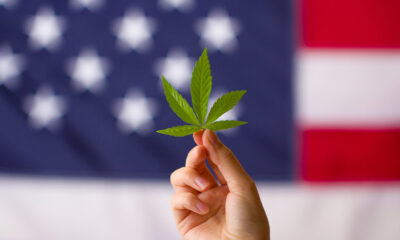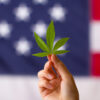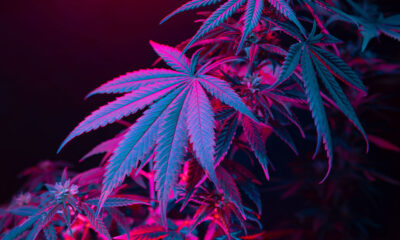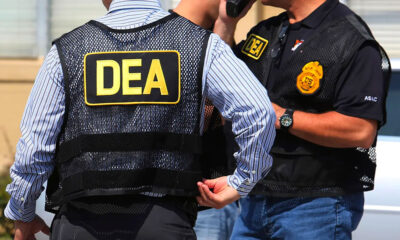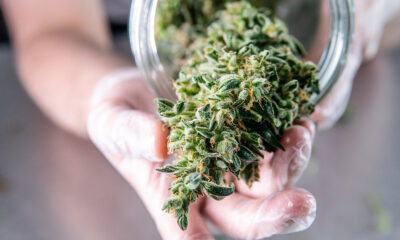
Politics
DEA Admits Cannabis Is Less Dangerous Than Heroin
The Drug Enforcement Administration has long stood by the outdated and unscientific classification of cannabis as a Schedule I drug along with heroin, LSD and ecstasy under the Controlled Substances Act. In 2012, the DEA’s then-Administrator Michele Leonhart dodged questions from a House committee about whether or not hard drugs such as meth and heroin were worse for a person than cannabis by parroting back the response “All illegal drugs are bad” 11 times. But Leonhart resigned this May and the DEA’s new leadership appears to be taking a more reasonable approach.
On Tuesday, Acting Administrator Chuck Rosenberg said on a conference call that he believes that heroin is possibly more dangerous than cannabis, the U.S. News & World Report reports.
“If you want me to say that marijuana’s not dangerous, I’m not going to say that because I think it is,” Rosenberg said. “Do I think it’s as dangerous as heroin? Probably not. I’m not an expert.”
He explained he would rather be in a car accident going 30 mph than 60 mph, but that he’d most rather choose to not be in an accident at all.
The experts have been clear, however, that cannabis should not be classified alongside heroin. One series of studies published in July by the American Medical Association, the nation’s leading medical society, confirmed a slew of medical benefits — which Schedule I drugs must lack — to cannabis. Another study in March estimated that marijuana was 114 times safer than alcohol. Even former Attorney General Eric Holder expressed his support for the need to reevaluate marijuana’s comparative danger to heroin in 2014.
Rosenberg also noted that under his leadership, the DEA will not prioritize marijuana cases, and instead focus their resources on “the most important cases,” which he said he is being told are “by and large” cases pertaining to opiates and heroin, according to the U.S. News & World Report.
However, he said, “We are not going to shy away from doing marijuana cases where appropriate.”
Meanwhile, the DEA has promised to reconsider their scheduling of one of marijuana’s most renowned cannabinoids, CBD, in June after prodding from the Senate Caucus on International Narcotics Control, chaired by Senators Diane Feinstein (D-CA) and Charles Grassley (R-IA).
“This is a significant breakthrough and I commend those agencies for agreeing to that step,” Grassley said in a Senate hearing on June 24. “I certainly don’t know what the results of that evaluation may be, but the important thing is that it’s made on the basis of a careful, rigorous review of science associated with CBD by experts.”
If the DEA does in fact reschedule CBD separate from the rest of the cannabis plant, they could still continue to raid and prosecute citizens acting compliant with state laws that have legalized use of the whole plant. In fact, the separate scheduling of CBD might backfire of medical marijuana advocates, as the federal government could deny some patients the THC and other cannabinoids they need while claiming a reasoned, scientific approach to cannabis.
Following Rosenberg’s comments, pro-cannabis lawmakers and policymakers lauded him for his progress, slight as it may be.
Do you think cannabis should be considered medicine by the DEA? Share your opinion below.



